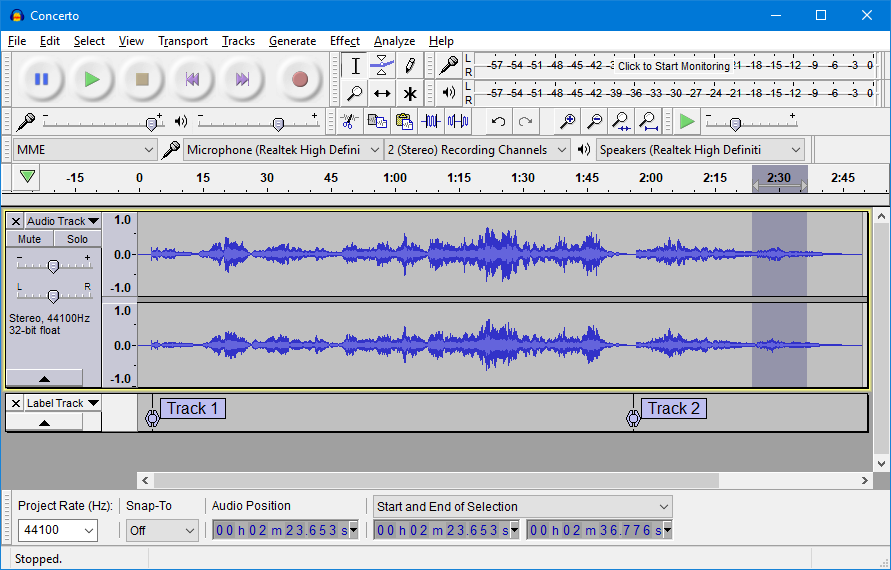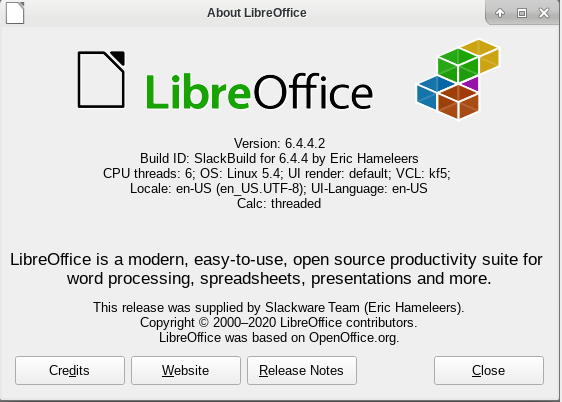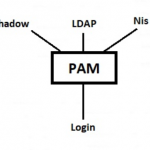Some updates to share with you regarding Slackware software packages.

A new batch of Plasma5 packages for Slackware-current is available now. The KDE-5_20.05 release is also the last monthly update you’ll see from me for a while in my ‘ktown‘ repository. I expect Pat to add Plasma5 to Slackware-current, but I am done waiting and have an urgent need to dedicate my spare time to other matters. With PAM finally added to the core distro, there should no longer be a showstopper for getting rid of KDE4 and replacing it with Plasma5.
And remember, these packages will not work on Slackware 14.2. Along with adding the May batch for -current, I have removed the old (KDE 5_17.11) Plasma5 packages that were still in my ‘ktown’ repository for Slackware 14.2. They have been un-maintained for two and a half years, who knows what security issues they cause. If you really want or need Plasma5, migrate to Slackware-current please.
This May ktown release contains the KDE Frameworks 5.70.0, Plasma 5.18.5 and Applications 20.04.1. All this on top of Qt 5.13.2 that is in Slackware-current. Check the README for installation & upgrade instructions if you are new to this.
Deps:
I added the package libqalculate which enables interactive graph plotting capability in krunner, and recompiled speech-dispatcher to properly install the info files.
Frameworks:
Frameworks 5.70.0 is an incremental stability release, see: https://www.kde.org/announcements/kde-frameworks-5.70.0.php.
Plasma:
Plasma 5.18.5 is the final incremental release of 5.18 LTS (Long Term Support) before 5.19.x becomes available. I do not know if Pat wants to stick with 5.18 for a while or go ahead with 5.19, I hope he will leave the LTS release behind. See https://www.kde.org/announcements/plasma-5.18.0.php for the full announcement including several video’s portraying the strong points of KDE’s desktop environment and https://www.kde.org/announcements/plasma-5.18.5.php for information on these latest updates.
Plasma-extra;
In plasma-extra I recompiled sddm-qt5 to give it an updated set of PAM configurations. Root can now login to SDDM, some people thought that should be allowed, and so be it.
Applications;
Applications 20.04.1 is an incremental bug fix release, see also https://kde.org/announcements/releases/2020-05-apps-update/
Applications-extra:
In applications-extra I recompiled krita against the new boost libraries, updated calligra, kdevelop, kdev-php, kdev-python and kstars, okteta and added a new package: kid3, which is an audio file tagger.
Telepathy:
KDE Telepathy is no longer part of my ‘ktown’ distribution of KDE Plasma5.
Where to get KDE Plasma5 for Slackware
Download the KDE-5_20.05 from the usual location at https://slackware.nl/alien-kde/current/ or one of its mirrors like http://slackware.uk/people/alien-kde/current/ .
Check out the README file in the root of the repository for detailed installation or upgrade instructions.
Development of Plasma5 is tracked in git: https://git.slackware.nl/ktown/ .
A new Plasma5 Live ISO will be available soon at https://slackware.nl/slackware-live/latest/ (rsync://slackware.nl/mirrors/slackware-live/latest/) with user/pass being “live/live” as always.
DAW
 I am regularly updating packages that are part of my ‘Digital Audio Workstation’ (DAW) collection.
I am regularly updating packages that are part of my ‘Digital Audio Workstation’ (DAW) collection.
And today I was able to add a new release of Ardour . After a long development process, there’s finally a jump from version 5 to 6!
Ardour is a professional-grade cross-platform DAW, and among the new features in version 6 are:
- Full latency compensation
- New high quality resampling engine at its core
- Cue monitoring
- Much better MIDI workflow
- Improved plugin management
- Pulseaudio output (useful for mixing/arranging using bluetooth speakers/headset)
- ARM (Raspberry Pi) binaries available
- A virtual MIDI keyboard was added

Let me know what you think of this new Ardour and its Slackware package. Is anything missing? Are you happy?
Have fun! Eric
 Here is a next update for my ‘Digital Audio Workstation’ (DAW) software collection.
Here is a next update for my ‘Digital Audio Workstation’ (DAW) software collection.

 I am regularly updating packages that are part of my ‘
I am regularly updating packages that are part of my ‘
 The
The 
 Remember the date! On May 18th of 2020, PAM got added to the Slackware-current core. In case that makes you worry, wonder or causes you to ponder leaving Slackware behind, don’t let this change scare you. PAM has come a long way, it is safe and in Slackware, it is not getting in your way. You won’t have to change a single thing to your computer except installing three new packages (slackpkg install-new) before you reboot. Adding PAM should finally remove the self-imposed writer’s block in Patrick’s mind and open the path to long-awaited renewals in the KDE and XFCE areas.
Remember the date! On May 18th of 2020, PAM got added to the Slackware-current core. In case that makes you worry, wonder or causes you to ponder leaving Slackware behind, don’t let this change scare you. PAM has come a long way, it is safe and in Slackware, it is not getting in your way. You won’t have to change a single thing to your computer except installing three new packages (slackpkg install-new) before you reboot. Adding PAM should finally remove the self-imposed writer’s block in Patrick’s mind and open the path to long-awaited renewals in the KDE and XFCE areas.
Recent comments